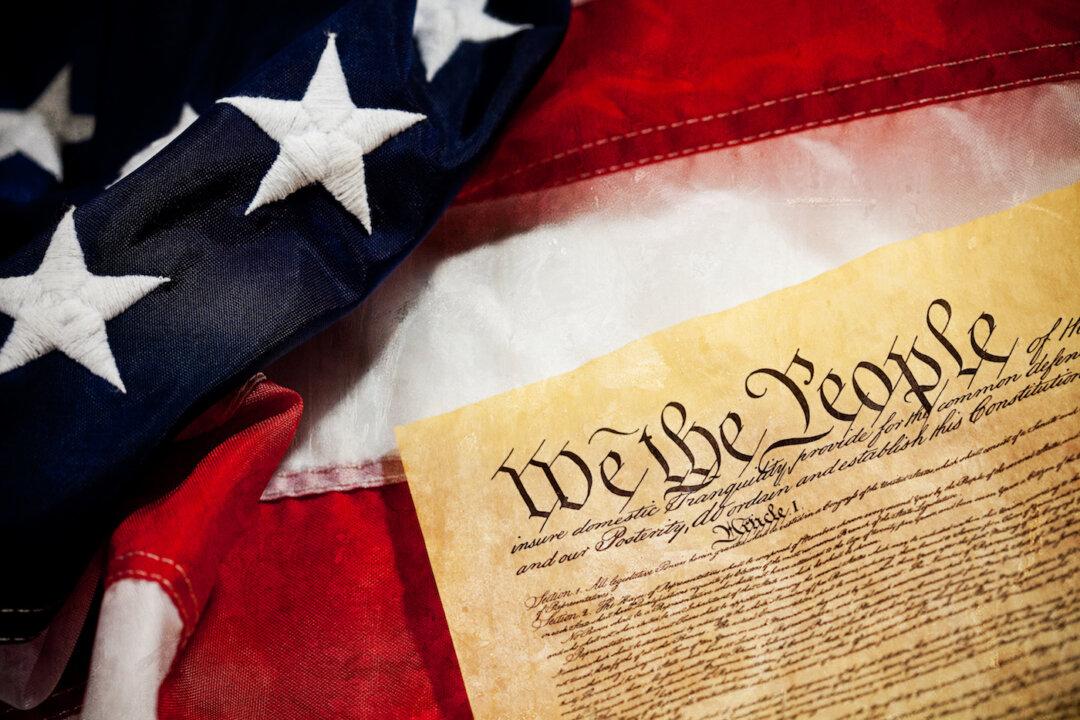Commentary
A couple of months ago, I wrote about various ways that both existing policies and proposed policies hurt a certain number of American citizens. Sometimes the hurt was by design; other times, an unavoidable consequence of the policy.

A couple of months ago, I wrote about various ways that both existing policies and proposed policies hurt a certain number of American citizens. Sometimes the hurt was by design; other times, an unavoidable consequence of the policy.